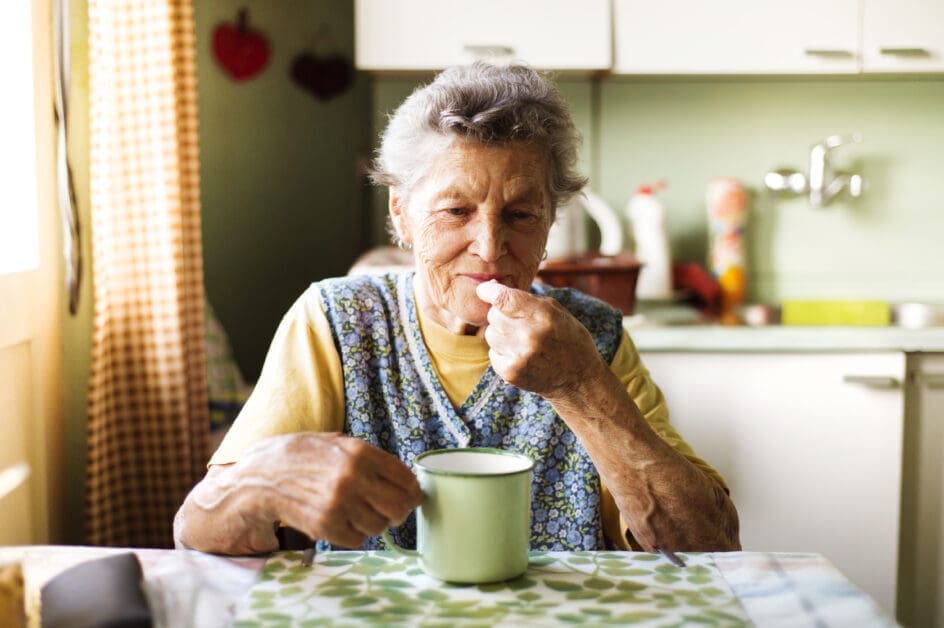What to Do If You Suspect Elder Abuse in a Nursing Home
California is home to more than 110,000 residents living in roughly 1,300 licensed nursing homes, alongside over 150,000 seniors in residential care facilities—populations that are growing as the state’s elderly demographic steadily rises. At the same time, the California Department of Aging’s Long-Term Care Ombudsman reports that about 13% of complaints filed involve abuse or neglect—more than double the national rate. These real numbers paint a deeply concerning picture: while families entrust these institutions with the care of their loved ones, a significant portion of them report failing to uphold basic standards of safety and dignity.
Against this fraught backdrop, knowing what to do if you suspect elder abuse becomes critically important. That’s where experts like Arias Sanguinetti Trial Lawyers step in. Based throughout California, they understand what’s at stake when suspicions arise—whether neglect, emotional mistreatment, or financial exploitation. Drawing on their experience navigating state regulations and advocating for seniors’ rights, they help families move from uncertainty to action—ensuring that concerns are acknowledged, properly investigated, and justice pursued with knowledge and compassion.
Identifying Signs of Abuse
Elder abuse can manifest in various forms, including physical, emotional, and financial mistreatment. Observe any physical marks—abrasions, contusions, or other trauma—lacking a plausible explanation. Emotional signs might include sudden changes in demeanor, withdrawal from social activities, or unusual fearfulness. Financial abuse often shows up as missing cash or bills for things someone never bought.
Document Observations
Keeping a detailed record of observations is essential. Note dates, times, and specific incidents. Include descriptions of any physical marks or behavioral changes. Photographs can serve as visual evidence if necessary. You can easily share your worries with officials or those investigating when you have clear notes.
Communicate With the Staff
Addressing concerns with nursing home staff can sometimes resolve misunderstandings. Approach them calmly and express observations without accusation. Inquire about specific incidents or changes noticed. Just ask the staff what’s going on. Their answers will quickly show if you need to take more steps.
Engage With Other Residents and Families
Speaking with other residents or their families can illuminate whether similar issues exist. Individuals may provide supplementary context or narrate their lived experiences. Gathering everyone’s ideas strengthens your argument, which is a big help if you ever need to take things to the higher-ups.
Contact the Appropriate Authorities
If suspicions persist, report them to the relevant regulatory bodies. When elder abuse is reported, these organizations step in to investigate. Provide them with all documented evidence and be prepared to answer questions. Official bodies can intervene directly, safeguarding individuals experiencing difficulties.
Consider Legal Advice
Consulting with a legal professional may be beneficial. They know your rights well and can help guide you to the best path to make real progress. Should you need to report a problem or pursue a court case formally, your lawyer handles the filings and represents your side. Their sharp understanding means every step they take stays fair and perfectly legal.
Ensure Immediate Safety
If the situation is urgent or life-threatening, contact emergency services. Immediate intervention may be necessary to protect the individual from further harm. When you respond quickly, you can truly protect an older person. You keep them safe from danger and ensure they feel well.
Follow Up Regularly
After raising concerns, regular follow-ups are essential. Stay in touch with the authorities and the nursing home to monitor progress. Staying involved consistently shows a genuine commitment to solving the problem. When you step up, older people receive the real help they need.
Educate Yourself and Others
Understanding some of the common causes of nursing home abuse and its signs is vital. Educating oneself and others on recognizing and addressing potential abuse can create a safer environment. When people truly understand an issue, they feel ready to speak up for those who can’t speak for themselves.
Promote a Caring Environment
Fostering a positive atmosphere within the nursing home can prevent abuse. Let’s help staff, residents, and families talk freely with each other. Champion kindness. Build common ground. When we build a supportive place, everyone does better, and mistreatment drops.
Wrapping Up
Spotting elder abuse in a nursing home means you must watch closely and act quickly. People committed to safeguarding their family members often pay close attention to subtle shifts, carefully record essential observations, and reach out to established support systems to step in when needed. Keeping older loved ones safe and respected is a duty we all share. We can create safer communities for our seniors tomorrow by taking action today.















